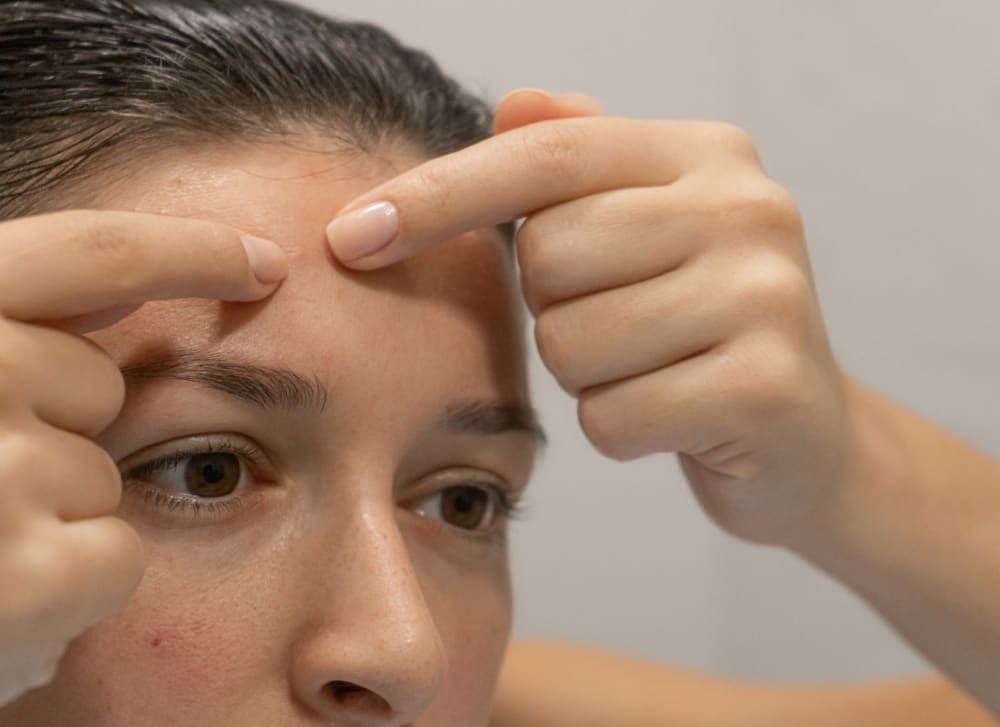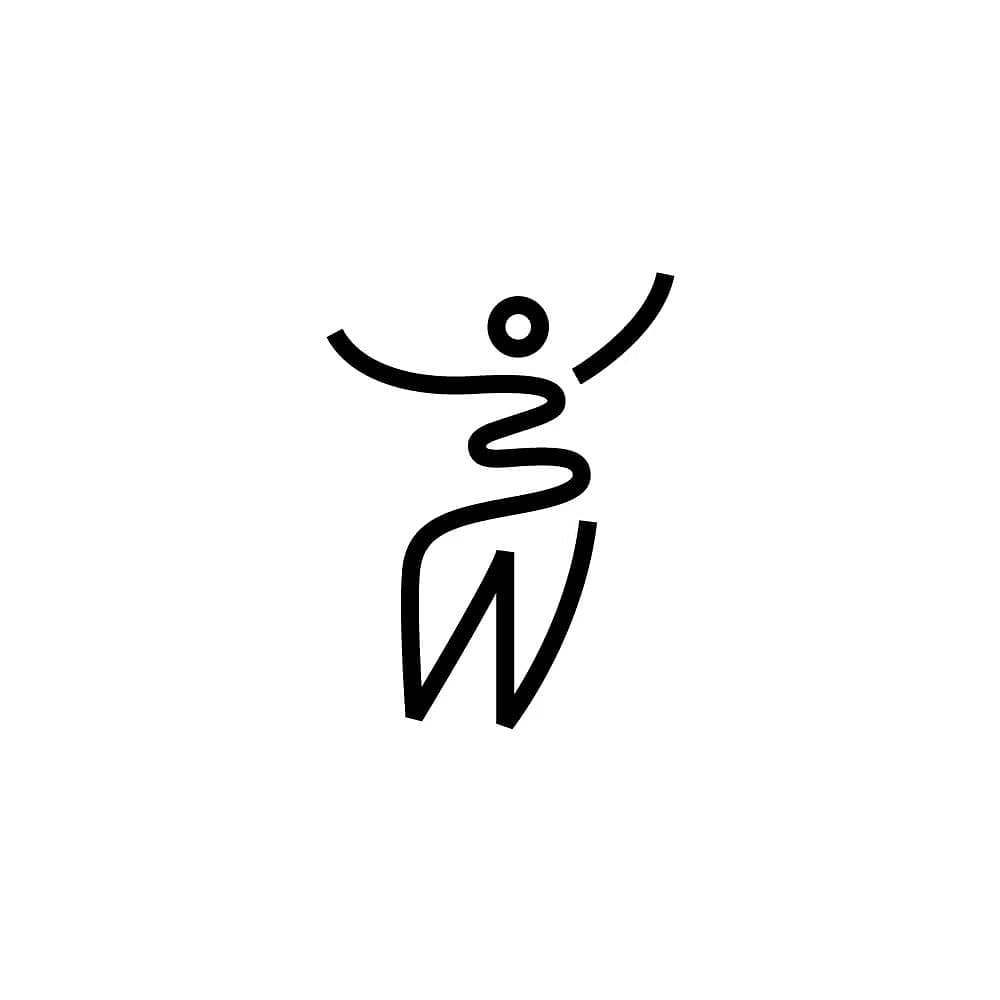How to Get Rid of Forehead Pimples - Bodywise

Stress, hormonal fluctuations, and poor hygiene are common acne triggers. Even though acne poses no serious health risks, people may think it is unsightly and uncomfortable.
In this article, we examine what causes acne and pimples to develop on the forehead, as well as how to treat and prevent them.
How to Get Rid of Forehead Pimples
Your doctor will determine the type of pimple you have and the treatment plan for you.
If you have whiteheads or blackheads, your doctor may prescribe topical treatments.
It may be combined with benzoyl peroxide, azelaic acid, or salicylic acid and used as a cream. The doctor may add antibiotic cream to the regimen if bacteria is the problem.
Other home remedies that people with acne on the forehead can try include:
- Aloe vera - Put pure aloe vera oil directly on the forehead.
- Lemon or lime juice - Apply directly to the forehead with a cotton pad.
- Zinc - Zinc can be taken orally as a supplement to help improve the skin.
- Tea tree oil - Combine a few drops with water and apply a cotton pad to the forehead.
- Apple cider vinegar - With a cotton pad, apply one-quarter of diluted apple cider vinegar to the forehead.
Causes of Forehead Pimples
1. Puberty
Acne is a common problem during puberty. The increase in hormone levels leads to increased oil production, resulting in pimples. Early breakouts on the forehead are quite common.
2. Clothing or Skin-product irritation
Face acne can also be caused by irritation from clothing or skincare products, especially when the skin is sensitive. You may get a breakout after you use a new brand or if you wear a hat or headband that irritates your skin.
3. Constantly Touching Your Face
It is also possible to develop acne by touching your face a lot. By touching your face, you deposit oil and bacteria onto your skin.
Tips to Prevent Pimples on Forehead
Here are a few tips to prevent pimples on the forehead -
- Rinse your face with warm water after cleansing. Pat dry gently after rinsing. Avoid scrubbing. It will worsen acne.
- Make sure you avoid using irritants on your skin, such as cleansers containing alcohol.
- Wash your hair frequently. You should use a shampoo specifically designed to treat oily hair if your hair is greasy.
- Avoid touching your skin with your hands. Touching your face can introduce bacteria into your pores. Be sure to wash your hands before touching your face.
- Stay away from greasy products such as pomades or oils. Wipe your forehead afterwards with a damp washcloth if you need to use them.
- Avoid wearing hats or headbands with brims that touch your forehead.

